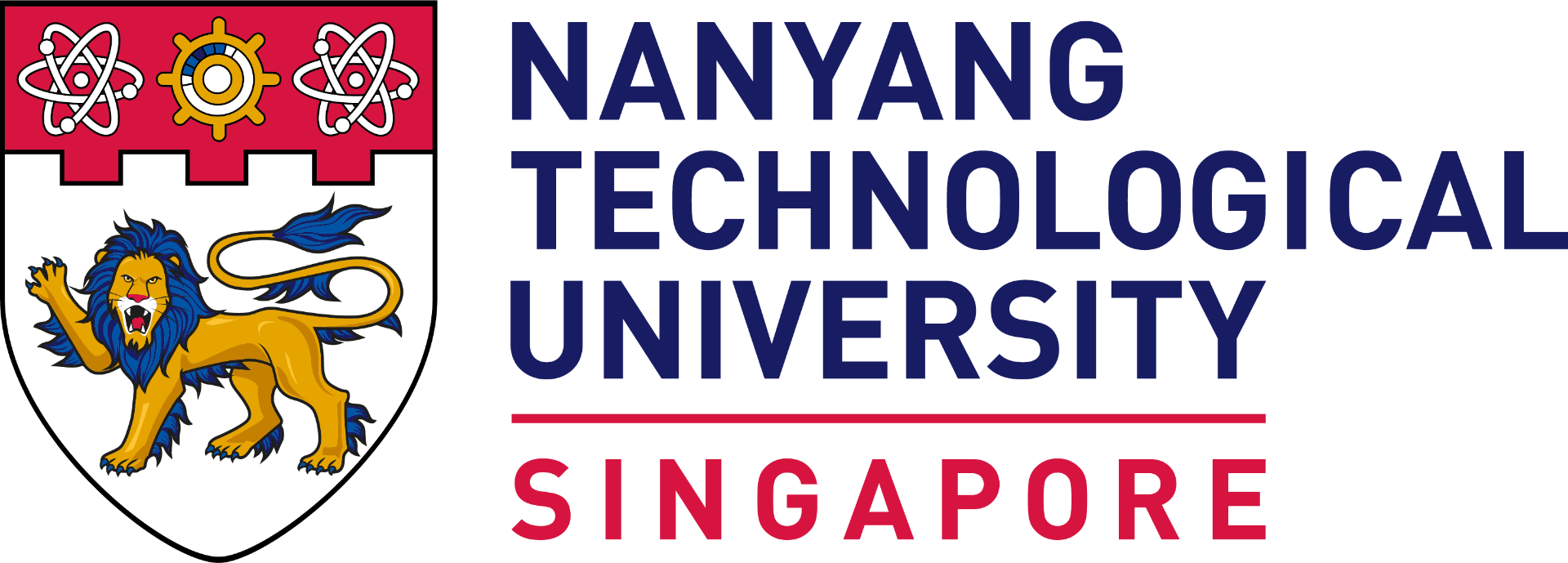SAILING MEDALLIST
JANIA ANG
YEAR 1, SPORT SCIENCE & MANAGEMENT
For sailor Jania Ang, no sacrifice is too big for your calling.
Which is why she puts in 15 hours of weights, cardio and water training a week. And spent nearly five months away from home last year, mastering her craft at sailing camps and competitions all over the world.
Last year, the NTU Talent Scholar won a Southeast Asian (SEA) Games silver medal and another silver at a sailing competition in China.
Her path to success has come with resistance; she has been passed over for competitions and faced funding difficulties.
But she says, stoically: “I don’t believe that to excel in sport, you have to only do things you’re naturally gifted in. Preparation and goal setting, execution, adaptability, as well as hard work and discipline, count too.”
Photo: EurILCA
Staying afloat
Balancing sailing, studying and time with family and friends is a struggle, but Jania is determined to achieve her dreams, which include competing in the Asian Games and, ultimately, the Olympics.
“I’m very clear on my priorities and manage my time accordingly. So I don’t feel like missing out if I can’t attend an event I want to go to, because I know my goals are more important in the long term. I’m also lucky to have a support system to help me through tough times,” she says.
Raised in a sporty family, Jania started sailing when she joined her primary school’s sailing club, as did her twin sister and three brothers. While her siblings have moved on to different interests, Jania continues to chart her course in sailing.
The NTU Talent Scholarship will cover her tuition fees and help with living and accommodation expenses, while the talent grant will help defray the cost of training and competing, which can be hefty for a sport like sailing.
Photo: Asian Sailing Federation
Decoding movement
Being a sport science & management student at NTU has given Jania opportunities to learn more about the scientific aspects of sport, knowledge she can apply if she becomes a coach.
“I like to break things down using science. If you’re coaching, you can’t just tell a younger athlete to feel the movement. You have to cue specific words and phrases that mimic the motion needed,” she explains.
In her NTU course, she has covered a spectrum of sport science topics such as anatomy and physiology, physical growth and motor development, and more.
She now looks forward to studying biomechanics, the science of how body parts work together in motion. In junior college, she had enjoyed learning about kinematics, a topic related to biomechanics, in her physics classes.
Jania explains that biomechanics combines mathematical modelling, computer simulations and measurements of muscle movement to explain how a tennis swing, for example, can be executed to prevent injury and maximise sport performance.
She is keen to use what she has learnt in her classes to optimise her own performance and that of others.
In fact, she sees her mission as “helping others discover the joy of life through sports such as sailing.”
“Everyone’s journey and growth deserve recognition and support, regardless of their performance,” she adds.
This story was published in the Mar-Apr 2024 issue of HEY!. To read it and other stories from this issue in print, click here.

